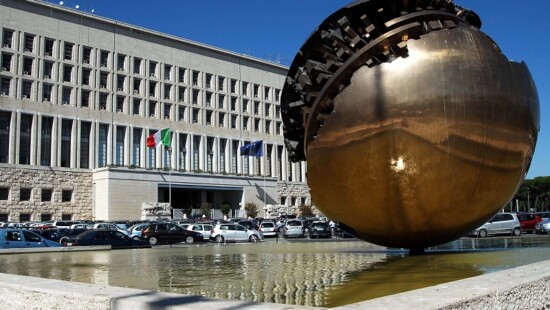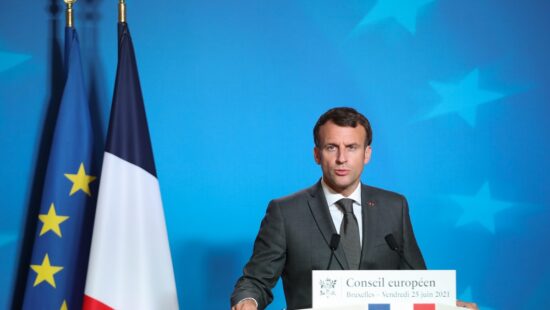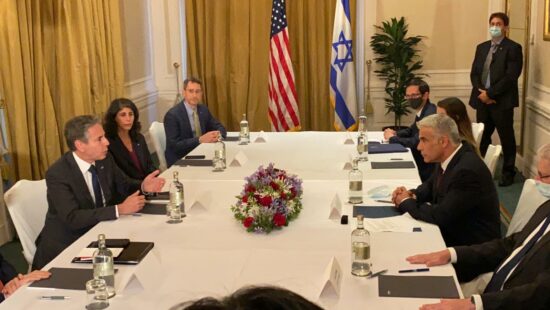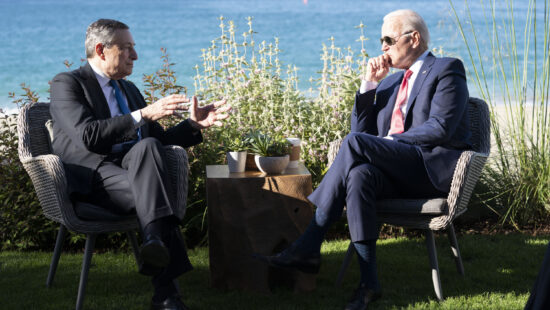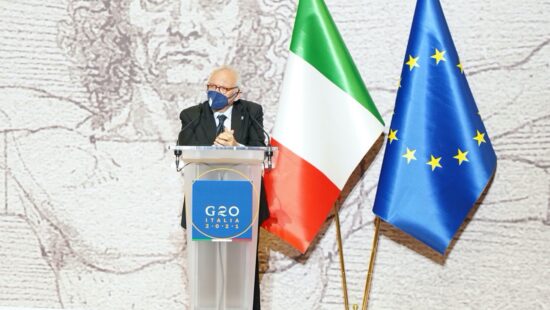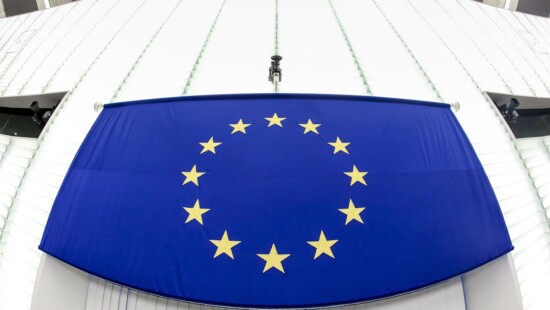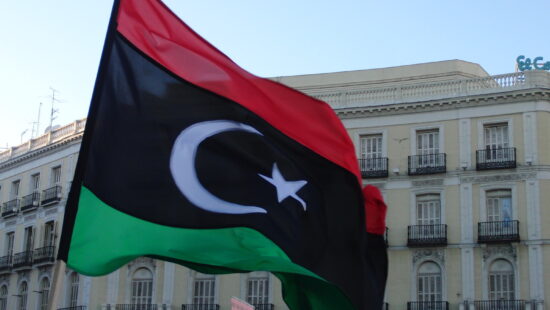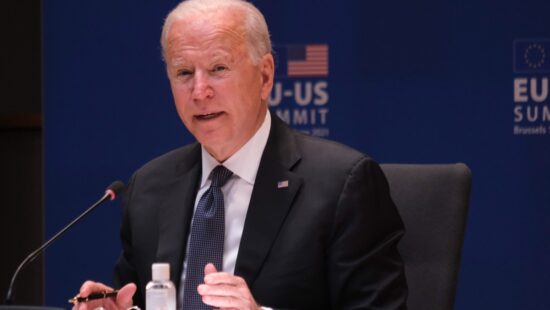Lo sfratto dato dagli Emirati Arabi alla nostra base di Al Minhad mostra quanto pesanti possano essere le conseguenze di decisioni sull’export di armamenti per i nostri interessi militari, economici, finanziari e politici. Ci sono tre modi (concreti) per correggere la rotta. Il punto di Michele Nones, vice presidente dell’Istituto affari internazionali
Archivi
Diserzione elettorale in Francia. Cadono Le Pen e Macron, ritornano i gollisti
Nessuno immaginava che la destra moderata, quella che oggi si riconosce soprattutto in Xavier Bertrand, dopo aver messo in soffitta i Sarkozy, i Fillon, i Juppé, sarebbe risorta dalle ceneri in quattro anni. Colui che viene ritenuto il nuovo leader gollista, Bertrand appunto, presidente di Haute-de-France, non fa mistero di puntare all’Eliseo e se gli riesce di ricompattare il partito e coinvolgere il vecchio ed il nuovo, non è detto che il sogno non diventi realtà. L’analisi di Gennaro Malgieri
Usa, Bahrein e Italia. Gli incontri del ministro israeliano Lapid a Roma
Primi incontri del nuovo ministro degli Esteri israeliano Yair Lapid. A Roma vede Blinken e l’omologo del Bahrein. Nucleare iraniano in cima all’agenda: posizioni non distanti da quelle di Netanyahu ma toni diversi. Poi il faccia a faccia con Di Maio, che prepara il viaggio in Medio Oriente
Task Force Italia, Web Talk con Marco Alverà
Le energie rinnovabili e la sfida dell’idrogeno rappresentano fattori determinanti per governare il cambiamento climatico e per rilanciare il potenziale unico dell’Italia. Nuovo appuntamento con il web talk “Rilanciare il potenziale dell’Italia” che mercoledì 30 giugno alle 18:00 ospiterà Marco Alverà, amministratore delegato di Snam
Blinken chiama l'Europa (ma squilla a vuoto). Il corsivo di Stefanini
La presidenza italiana del G20 e la visita del segretario di Stato Usa Antony Blinken partono sotto ottimi auspici. Ma la verità è che senza Francia e Germania l’Italia non può farcela. Dalla lotta a Daesh al contenimento della Russia, perché bisogna riallacciare con Merkel e Macron. Il corsivo di Stefano Stefanini, senior advisor Ispi, già rappresentante permanente dell’Italia a Bruxelles
Istruzione generalizzata e crescita sostenibile. Un’agenda per la ripresa
Le riflessioni a margine del G20 Istruzione di Catania di Anna Paola Sabatini, direttore Ufficio scolastico regionale per il Molise: dobbiamo restituire ai ragazzi una dimensione imprescindibile del vissuto educativo e del processo di crescita, senza disperdere l’esperienza dei mezzi telematici. E sulla formazione degli insegnanti…
Attacco ad Est, una riflessione oltre la geopolitica
La teoria geopolitica classica necessita di essere aggiornata, proprio a partire dalla ricorrenza degli ottanta anni dell’Operazione Barbarossa. Non un gigante tedesco-russo, impossibile e irrazionale, ma un altrettanto irrazionale (e anticattolica oggi, come fu antiebraica ieri) spartizione, caos e/o frammentazione dell’Intermarium è il sottofondo del triangolo strategico anglo-tedesco-russo
Europei di calcio, le parole di una vittoria
L’Italia è ai quarti di finale. Se stacchiamo le singole parole dal contesto descrittivo della rete e dei social ci imbattiamo in alcune differenze significative che vale la pena cristallizzare. L’analisi di Domenico Giordano
Libia, il peso dell’economia per la Conferenza di Berlino
Da Berlino-2 esce un input chiaro sull’importanza di consolidare le riforme economiche durante la stabilizzazione attuale. Messaggio al governo ad interim di Dabaiba
Biden, i diritti e le democrazie. Conversazione con Del Pero
Il presidente statunitense ha elevato la questione dei diritti umani vettore di politica internazionale. Un internazionalismo che non è globalista però. Intervista a Mario Del Pero, docente di Storia internazionale e Storia della politica estera statunitense alla parigina Sciences Po




